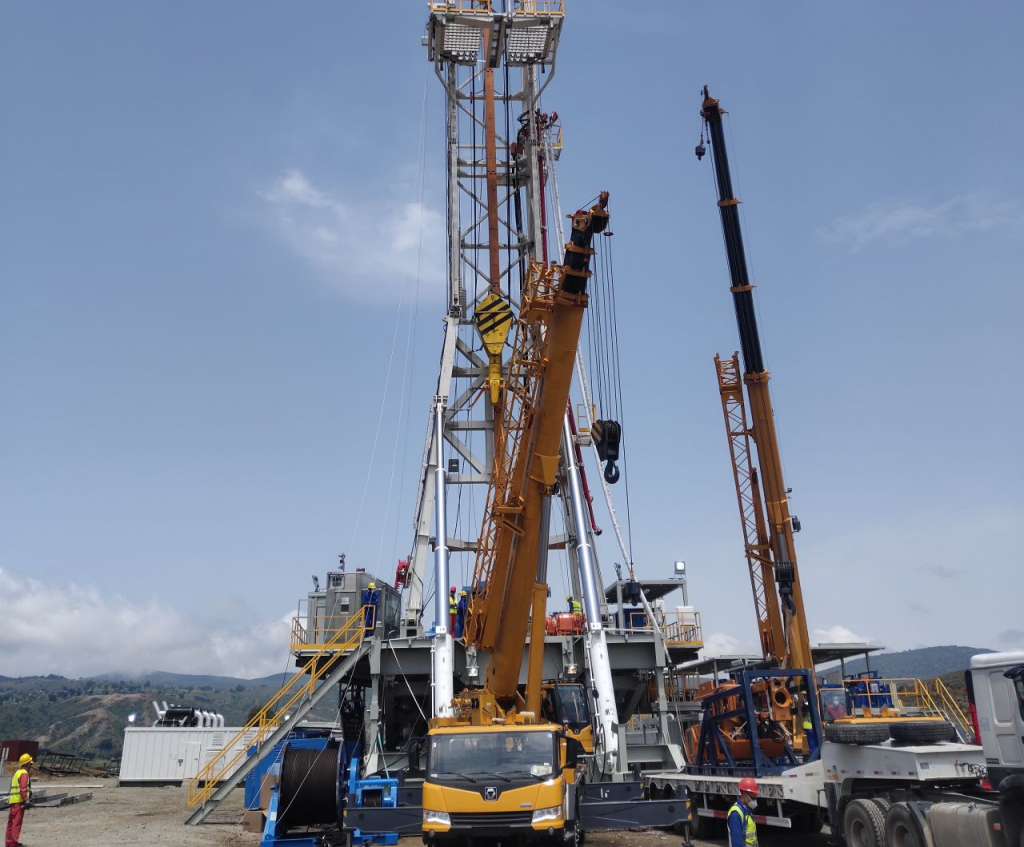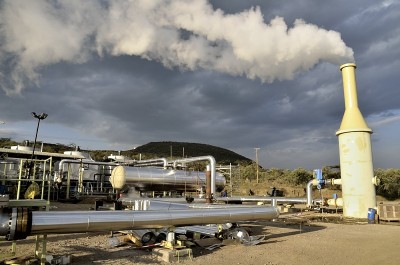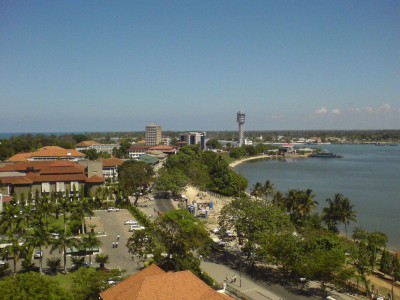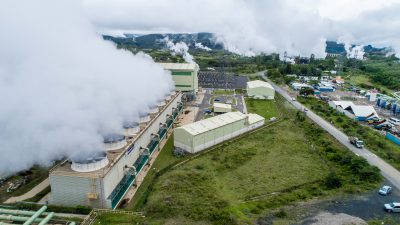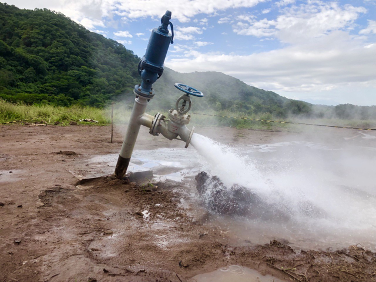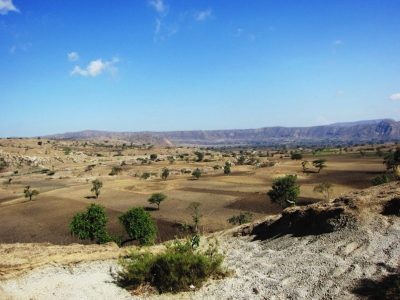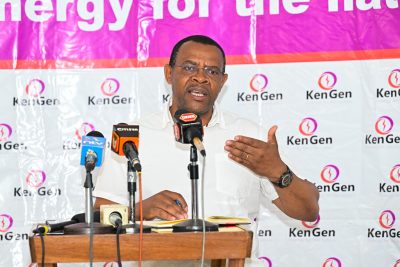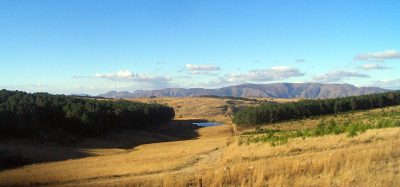EIB approves EU 80m in funding for geothermal in East Africa
The European Investment Bank has approved EUR80m in funding that is to unlock up to EUR500m in funding for private sector lead geothermal power projects in East Africa.
As part of a wider funding package of EUR 4.1 billion to accelerate renewable energy investment, support COVID-19 economic resilience by backing private sector investment, improve sustainable transport and upgrade schools and social housing, the European Investment Bank (EIB) approved a special package on renewable energy.
“The projects approved today highlight the EIB’s engagement across Europe and around the world to unlock private and public investment that addresses local priorities and global challenges. Tomorrow I will update the EIB’s Governors, EU finance and economy ministers, on the EU Bank’s rapid response to challenges caused by the COVID-19 pandemic and our strong and growing support for green transition and climate action across the world”, said Werner Hoyer, President of the European Investment Bank.
The EIB approved new support for large scale solar power generation across Spain, small scale renewable energy projects in Germany, support investment in clean energy and energy efficiency by companies in Austria, and geothermal power in East Africa.
For East Africa the funding of EUR 80 million were approved for the East Africa Rift Geothermal Project.
The operation is an envelope for financing individual private sector investments into geothermal power generation projects in different countries in the East African Rift region. Sub-operations under the envelope will undergo individual project appraisals and be separately approved for Bank financing.
Funding is available for the countries of: Burundi, Comoros, Djibouti, Eritrea, Ethiopia, Kenya, Madagascar, Malawi, Mauritius, Mayotte, Mozambique, Reunion, Rwanda, Seychelles, Somalia, South Sudan, Tanzania, and Uganda.
Objectives
The proposed envelope will allow the EIB to provide financing to several projects implemented by promoters active in the geothermal power sector in the region (individual private sector investments into geothermal power generation). Eligible projects will typically include greenfield development and brownfield expansions, with proven geothermal resources. Investments in geothermal energy will help diversify base load renewable electricity supply in the region and contribute to the reduction in greenhouse gas (GHG) emissions compared to fossil-fuel based alternatives, thereby supporting the sustainable economic development of the East African Rift countries.
While the proposed EIB finance is EUR 80 million, the total cost is estimated at EUR 500 million.
Environmental aspects
The overall environmental impact and the residual environmental risks of the operation are unknown at this stage and will be assessed at the appraisal of individual projects. Potential adverse impacts for these types of projects include involuntary resettlement, impacts on indigenous peoples, community health, safety and security due to construction activities, working conditions, including worker camps, archaeology and cultural heritage sites, landscape and biodiversity. Gender equality and/or women empowerment will also be assessed where relevant. The Bank will require the Promoter to ensure that implementation of the sub-operations, inclusive of associated power transmission lines, and other associated facilities, will be done in accordance with the Bank’s environmental and social policy and standards. Cumulative impacts on project level and the possible need for an overall Strategic Environmental Assessment in a specific region or country will be further assessed.
Procurement
The Bank will require the Promoters to ensure that procurement procedures for the sub-operations follow the Bank’s Guide to Procurement.
Details about tenders to come can in the future be found here.
Source: European Investment Bank (EIB)
